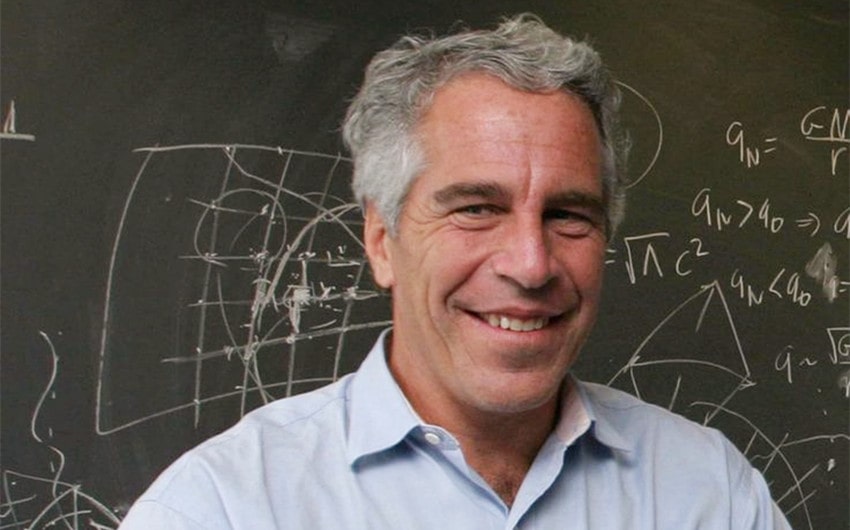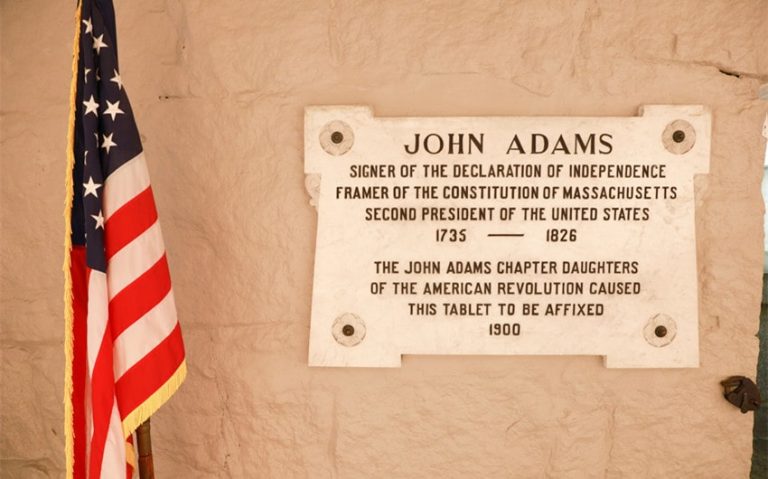Little St. James Island: Jeffrey Epstein’s Secrets Revealed
Hidden away in the blue waters of the Caribbean, there’s a small island with a name that doesn’t hint at its dark secrets. Once owned by wealthy financier Jeffrey Epstein, this private paradise became the center of a chilling scandal that shocked the world.
Little St. James Island, far from being just another luxury retreat, holds stories of abuse, power, and unanswered questions. Its quiet beaches and grand structures now stand as symbols of exploitation, drawing attention to the darker side of privilege and the fight for justice.
What Is Little St. James Island?

Image source: Pinterest
Little St. James Island is a small, private island nestled in the U.S. Virgin Islands, located about 70 miles east of Puerto Rico. Spanning roughly 70-80 acres, this seemingly idyllic retreat features white sandy beaches, lush greenery, and pristine waters that make it appear like a tropical paradise.
In 1998, financier Jeffrey Epstein purchased the island for approximately $7.95 million. He transformed it into a secluded getaway, building lavish villas, private pools, a helipad, and a mysterious blue-and-white striped temple-like structure that became a focal point of speculation. Epstein reportedly used the island to entertain high-profile guests, including celebrities, business magnates, and even political figures.
At first glance, Little St. James Island might have appeared to be just another luxury vacation spot for the ultra-wealthy, but as investigations unfolded, it became clear that the island was hiding something far more sinister.
The Dark Secrets of Jeffrey Epstein’s Private Paradise

Image source: Pinterest
Behind its picturesque façade, Little St. James Island became the epicenter of Jeffrey Epstein’s horrifying crimes. What appeared to be a haven for luxury and privacy was, according to multiple testimonies, a site of abuse and exploitation. Epstein used the island as a base for his sex trafficking operation, flying in underage girls aboard his private jet, often referred to as the “Lolita Express.”
Survivors and whistleblowers revealed chilling accounts of what occurred on the island: manipulation, coercion, and abuse under the guise of glamorous trips and opportunities. The secluded nature of the island, surrounded by water, made escape nearly impossible for victims.
The mysterious structures on the island, particularly the striped “temple,” further fueled speculation and media frenzy. Some suggested it was used for disturbing purposes, though details remain unclear. The island’s infrastructure—private docking facilities, secluded paths, and hidden quarters—was deliberately designed to conceal Epstein’s activities from the outside world.
In 2019, following Epstein’s arrest and subsequent death, the island became a symbol of the abuse of power and systemic failures that allowed his crimes to persist for years. The FBI raided Little St. James Island shortly after Epstein’s death, uncovering evidence that deepened the public’s understanding of the scale of his operation.
This dark history turned the island from a luxurious getaway into a chilling reminder of unchecked power and the ongoing need for justice for survivors.
Investigations and Public Scrutiny

Image source: Pinterest
The exposure of Jeffrey Epstein’s activities on Little St. James Island led to extensive investigations and intense public scrutiny. In August 2019, following Epstein’s arrest and subsequent death, FBI agents conducted a comprehensive search of his residence on the island, gathering evidence to understand the scope of his operations.
Denise George, the former Attorney General of the U.S. Virgin Islands, played a pivotal role in uncovering the systemic failures that allowed Epstein’s crimes to persist.
Appointed in April 2019, George initiated a civil suit under anti-fraud legislation to freeze Epstein’s assets and conducted an extensive investigation into his trafficking network and its financial underpinnings. Her relentless pursuit led to significant financial settlements with Epstein’s estate and major banks implicated in enabling Epstein’s activities.
The media’s portrayal of the island as “Pedophile Island” or “Orgy Island” further intensified public interest. Reports detailed how Epstein used his wealth to pay fines and negotiate settlements that allowed him to avoid harsher penalties for environmental violations on Little St. James for nearly 20 years.
These investigations and the resulting media coverage highlighted the complicity of several high-profile individuals and institutions, including politicians and financial executives, in Epstein’s crimes. The public scrutiny surrounding Little St. James Island underscored the need for systemic change to prevent such abuses of power and privilege.
The Symbolism of “Pedophile Island”

Image source: Pinterest
Little St. James Island, infamously dubbed “Pedophile Island,” has become a powerful symbol of the abuse of power and systemic failures that allowed Jeffrey Epstein’s crimes to continue unchecked. The island’s secluded nature and luxurious amenities, once seen as a paradise, now represent a facade that concealed heinous activities.
The moniker “Pedophile Island” reflects the public’s outrage and the island’s association with exploitation and secrecy. The mysterious structures on the island, particularly the blue-striped building resembling a temple, have fueled speculation and become emblematic of the enigmatic and sinister aspects of Epstein’s operations.
The island’s transformation from a symbol of luxury to one of exploitation highlights the dangers of unchecked wealth and influence. It serves as a stark reminder of the importance of vigilance and accountability in preventing the abuse of vulnerable individuals.
Legacy and Impact of the Case
The revelations surrounding Jeffrey Epstein’s activities on Little St. James Island have had a profound impact on society’s understanding of sexual exploitation and the mechanisms that enable it. The case has prompted a reevaluation of how wealth and power can be used to perpetuate and conceal criminal behavior.
Legal actions following Epstein’s death have led to significant financial settlements, including a $105 million settlement on behalf of the U.S. Virgin Islands. These settlements aim to provide compensation to survivors and fund initiatives to combat human trafficking.
The case has also spurred legislative changes and increased awareness of the prevalence of sex trafficking. Institutions and individuals previously associated with Epstein have faced scrutiny, leading to resignations, policy reforms, and a broader societal reckoning with issues of consent and exploitation.
The legacy of Little St. James Island serves as a catalyst for ongoing discussions about the need for systemic change to protect vulnerable populations and ensure that justice is served, regardless of an individual’s social or economic status.
Featured image: Pinterest.com


